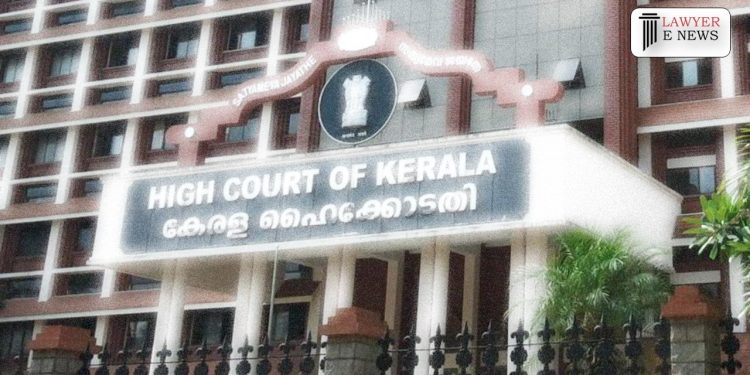-
by Admin
15 February 2026 2:36 AM



Justice Badharudeen sets aside lower courts’ eviction orders, emphasizes due process under the Domestic Violence Act.
In a significant judgment, the Kerala High Court upheld the right of a divorced woman and her minor child to reside in a shared household, overturning the eviction orders from the lower courts. Justice A. Badharudeen underscored the expansive interpretation of the right to reside under the Protection of Women from Domestic Violence Act, 2005 (DV Act), and criticized the lower courts for bypassing due legal procedure.
The petitioner, Jayasree, filed a Criminal Revision Petition against the concurrent findings of the Judicial Magistrate of First Class-II, Palakkad, and the Sessions Court, Palakkad, which directed her to vacate the shared household. Jayasree sought interim relief under the DV Act to prohibit her ex-husband, Indrapalan, from committing domestic violence and to prevent her eviction. The Magistrate granted the prohibitory order but directed her eviction within a month. This decision was upheld by the Sessions Court, prompting Jayasree to approach the High Court.
Justice Badharudeen emphasized the expansive interpretation of the right to reside under Section 17 of the DV Act. “A divorced woman residing in the shared household at the time of divorce or after cannot be evicted without due legal procedure,” he noted, reinforcing the protective measures intended by the DV Act.
The judgment referenced the Supreme Court’s decision in Prabha Tyagi v. Kamlesh Devi, which clarified that a woman’s right to reside in a shared household does not require a subsisting domestic relationship at the time of filing the application. The High Court held that the lower courts erred in ordering eviction without following due process. “Even a trespasser cannot be evicted forcefully and must be removed following established legal procedures,” the court stated.
Justice Badharudeen remarked, “The right of residence under Section 17 of the DV Act must be given an expansive interpretation. A divorced woman cannot be evicted from the shared household except in accordance with the procedure established by law.”
The High Court’s decision highlights the judiciary’s commitment to protecting the rights of women under the DV Act. By setting aside the eviction orders, the judgment reinforces the legal safeguards against arbitrary eviction, ensuring that due process is followed. This ruling is expected to have significant implications for similar cases, bolstering the legal framework that supports women’s rights to a secure residence.
Date of Decision: 25th June 2024
Jayasree vs. Indrapalan and State of Kerala
